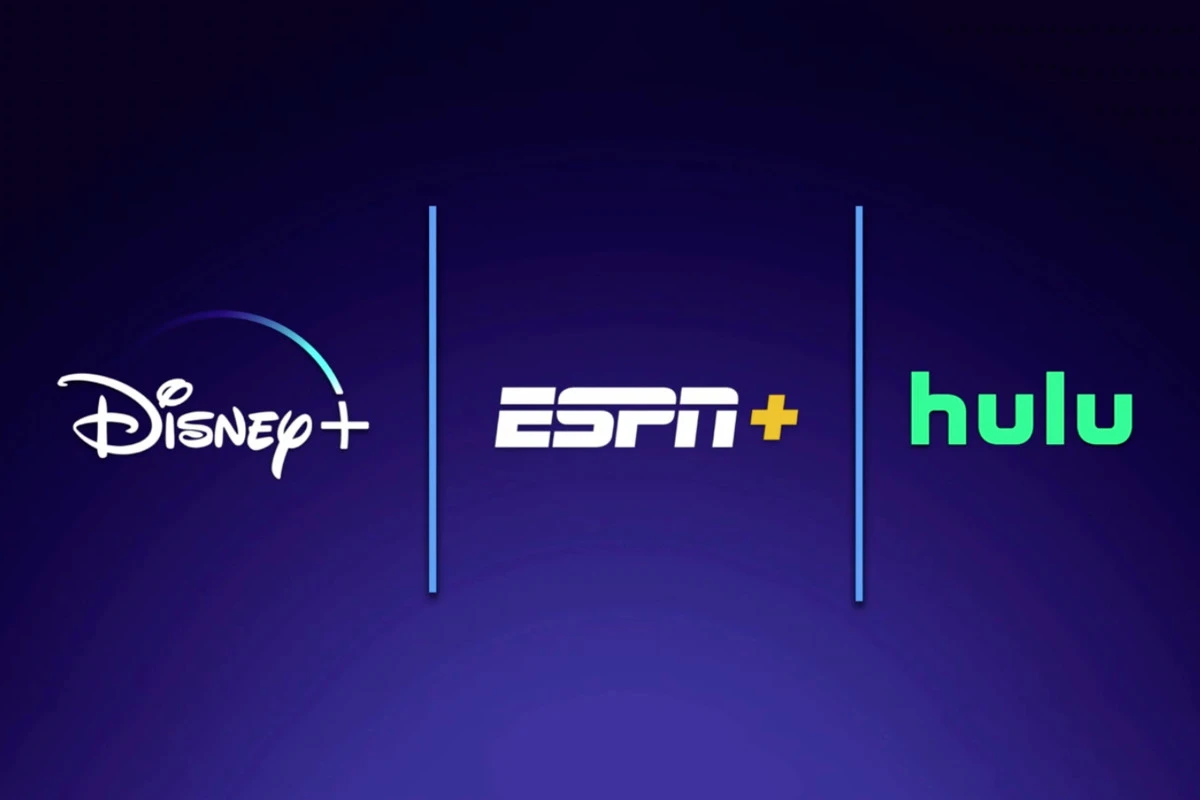
In a widely expected move, Disney announced today that it will acquire the 33% stake in Hulu held by Comcast for an expected amount of approximately $8.61 billion. This post shares the announcement from the Walt Disney Company, why this is happening, and what it means (or doesn’t) for Walt Disney World and Disneyland expansion plans.
Here’s the official announcement:
The Walt Disney Company (NYSE: DIS) announced today that it will acquire the 33% stake in Hulu, LLC held by Comcast Corp.’s (NASDAQ: CMCSA) NBC Universal (NBCU), following Comcast’s November 1 exercise of its right under the put/call arrangement between the two companies. The acquisition of Comcast’s stake in Hulu at fair market value will further Disney’s streaming objectives.
Under the terms of the put/call arrangement, by December 1, Disney expects it will pay NBCU approximately $8.61 billion, representing NBCU’s percentage of the $27.5 billion guaranteed floor value for Hulu that was set when the companies entered into their agreement in 2019 minus the anticipated outstanding capital call contributions payable by NBCU to Disney.
Under the appraisal process agreed to by Disney and Comcast, Hulu’s equity fair value will be assessed as of September 30, 2023, and if the value is ultimately determined to be greater than the guaranteed floor value, Disney will pay NBCU its percentage of the difference between the equity fair value and the guaranteed floor value. While the timing of the appraisal process is uncertain, we anticipate it should be completed during the 2024 calendar year.
In terms of commentary, this was an inevitability. Today’s move is not Bob Iger looking around and thinking, “by golly, right now seems like a swell time to double down on streaming!”
We’ve been discussing Disney’s purchase of Hulu for months, not because we thought it was some great idea in the current climate (quite the contrary!), but because the Walt Disney Company is contractually obligated to consummate the transaction.
Under a 2019 agreement that saw Disney take full operational control over Hulu, Comcast can force Disney to buy, or Disney can require Comcast to sell, that remaining 33% stake in January 2024, at a guaranteed minimum total equity value of $27.5 billion, even if the streaming service is worth less. Comcast is guaranteed at least $5.8 billion for its Hulu stake, according to the agreement.
In recent months, Disney and Comcast agreed to move forward the timetable for the transaction from January 2024. In the lead-up to this, Comcast CEO Brian Roberts has been hyping up the value of Hulu, calling it a great streaming business that’s second only to Netflix, which he has noted has a market cap of $200 billion. For his part, Iger has struck a relatively neutral tone about bringing Hulu into the fold–not wanting to downplay the value of an asset he’d soon be forced to acquire, regardless.
Disney could pay more than $8.61 billion based on Hulu’s equity value as of September 30. The two companies will each have their own appraiser, and if their valuations are far apart, a third will likely be brought in. When valuing Hulu, there’s more to consider than just the streaming app itself. The valuation of Hulu will include the platform’s content, much of which is supplied by Disney.
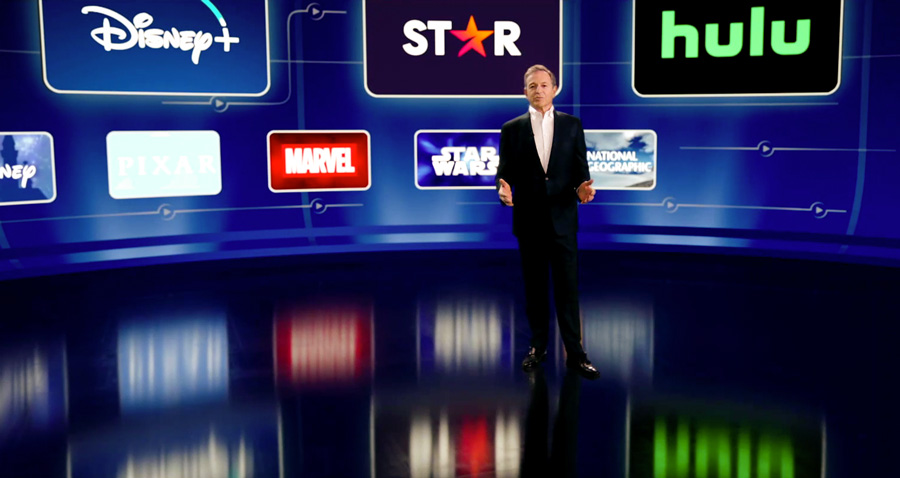
The parties will also assess that Hulu is sold in a bundle with fellow Disney services Disney+ and ESPN+, lowering the likelihood of so-called churn or consumers who drop their subscriptions. Operational synergies with Disney+ and ESPN+ could present significant value to Disney…at least, according to Comcast!
The Walt Disney Company said the appraisal process should wrap up some time next year. The deal between Disney and Comcast sets up the first-ever sale of a streaming service of this magnitude, but probably not the last as second-rate streamers like Paramount+ will almost assuredly need to consolidate sooner or later.

Comcast has claimed that if Hulu were sold on the open market, there would be “a line of bidders around the block to buy all the content.” However, that hasn’t exactly been the story with Paramount or other streamers ripe for acquisition or consolidation, so it’s probably worth taking that with a grain of salt.
Over the course of this year, Comcast has removed content that previously appeared on Hulu the day after airing on its linear television networks, and moved that to NBCUniversal’s wholly-owned streaming platform, Peacock. Meanwhile, Disney puts its adults-oriented content on Hulu, such as “Only Murders in the Building” (one of the absolute best shows on television, and completely appropriate for Disney+, if you ask me).
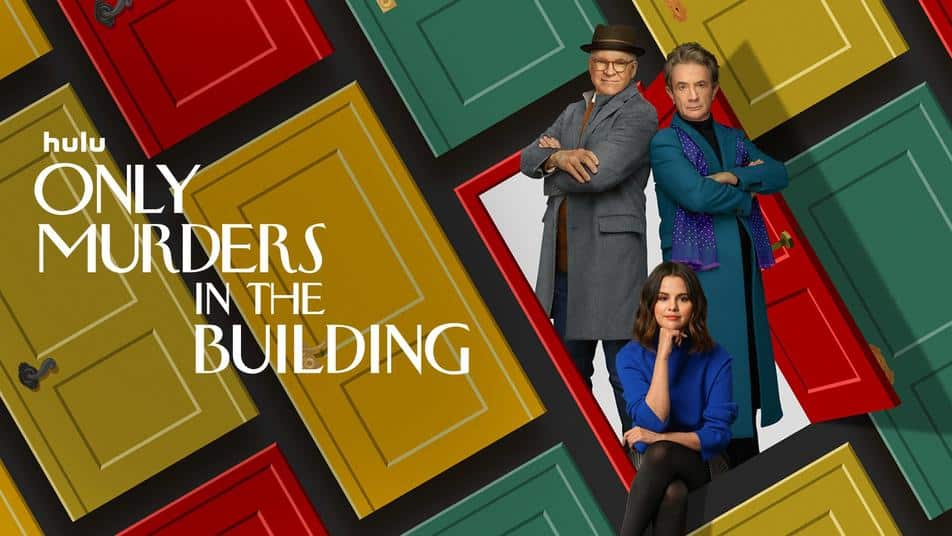
Towards the beginning of the year, Disney CEO Bob Iger said that “everything is on the table” when it comes to Hulu, suggesting that a sale of the streamer was also a possibility. Always careful to choose his words, it’s unlikely that Iger misspoke. But for whatever reason, he changed his tune shortly thereafter, suggesting over the summer that Hulu and Disney+ could combine into a “one app experience” in the United States.
The move to integrate Hulu and Disney+ comes as the company increases prices and focuses on its ad-supported streaming options as a means of attracting more subscribers and gaining new revenue streams from advertising. The one-app platform featuring Disney+ and Hulu content is expected to be rolled out by the end of this year.
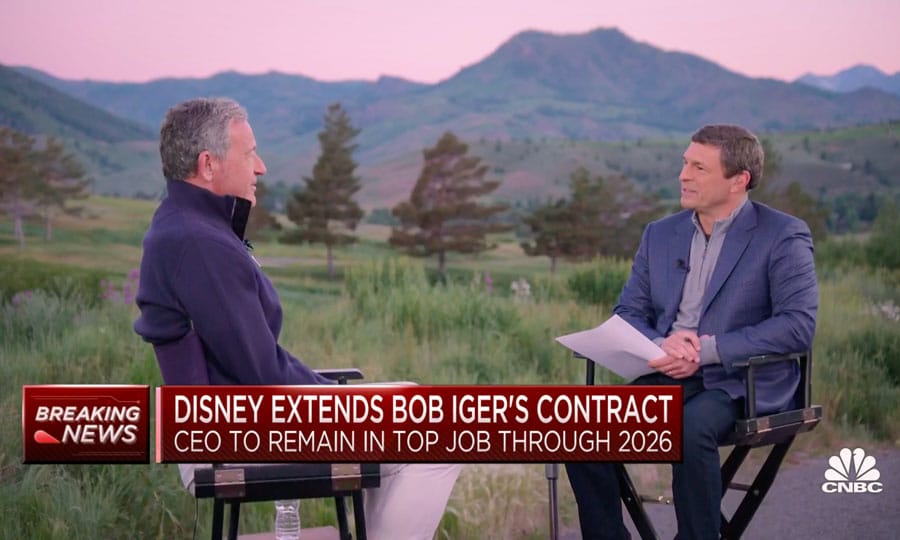
As for how this impacts expansion in the theme parks, it really doesn’t. That is, unless you saw the headlines that Disney Plans to Double Investment to $60 Billion in Disney World, Disneyland & Beyond and assumed that would start immediately. But that’s not what’s been reported here.
In the countless posts about expansion proposals, we’ve always expressed enthusiasm and a belief in the sincerity of the plans (minus DisneylandForward, which is a big nothingburger) while also encouraging caution about the timetable. Here’s the pertinent part of the commentary from that recent $60 billion post:
As bullish as I am on the future of Disney Parks & Resorts (and if you’ve read any of my commentaries this year, you know I am very bullish), I’m also not convinced that the Walt Disney Company will spend $60 billion on Walt Disney World and Disneyland (etc.) in the next decade.
There are several reasons for this, with the very first being that the company quite simply has too much debt and not enough liquidity to front-load spending. This means that whatever the 10-year plan is for Disney’s Park & Resorts, it’s necessarily backloaded. As anyone who has been around the block with the original “Disney Decade” or the DCA expansion or the EPCOT overhaul or…well, about half of the announcements at the last few D23 Expos…the more remote the timeline, the less likely something is to come to fruition.
My guess would be that the company’s intention is to switch gears and focus on Parks & Resorts once Hulu and ESPN are sorted out (bought and/or sold), the streaming segment attains profitability or at least stops hemorrhaging hundreds of millions of dollars per quarter, and some of the debt is paid down.
Some or all of those things pretty much have to happen before meaningful CapEx can be spent on Walt Disney World. That alone puts the start of this work in late 2024 or 2025. This doesn’t mean Disney won’t announce big plans earlier, but we likely won’t see significant construction on anything until then.
I think it’s fairly safe to say that actual CapEx investments totaling $60 billion are currently planned for Walt Disney World, Disneyland, DCL, and the international parks over the course of a decade. But that spending probably doesn’t start in earnest until October 2024 or maybe even 2025.
If we had to break the next decade into 5-year segments, my guess is that even the current plan doesn’t call for $30 billion and $30 billion in each of those 5-years. It’s probably more like $20 billion and $40 billion, and with a disproportionate part of the $20 billion in the near-term being spent on cruise ships and the international parks. It’s also fair to say that’s the most optimistic projection, and a lot could change, potentially impacting and reducing that number.
There’s more to it than that, but this pretty much remains my viewpoint. Keep in mind that the $60 billion plan was announced after Disney and Comcast agreed to move forward the Hulu acquisition. They also knew what the price floor would be for the sale. In other words, the Hulu acquisition was a completely known quantity, and comes as zero surprise. It’s already priced in.

It’s also worth pointing out that the acquisition of Hulu is more or less “offset” in cost by the sale of Disney’s India assets, which comprises the Disney+ Hotstar streaming service and Star India. According to Bloomberg, Disney is nearing a deal to sell those operations to Reliance Industries, its biggest rival in the country, rather than sell the business in parts. The valuation of those assets is between $7 billion and $10 billion according to Disney and Reliance.
On earnings calls this year, Disney+ has reported negative subscriber growth. If you buy into a doom & gloom narrative, the situation has sounded back. However, all of the decline can be attributed to a low-priced international version of Disney+ Hotstar in India.
This is because Disney lost a bid to renew the expensive rights to Indian Premier League cricket matches last year. “Lost” might be the wrong word, as Disney+ has shifted from a growth at all costs mentality to one focused on profitability and sustainability, resulting in the company significantly pulling back in spending in regions that were never economically viable in the first place.
Accordingly, the writing has been on the wall for Disney to deemphasize this aspect of its business and sell assets to a rival. (Honestly, I don’t follow this closely enough to know when or whether the transaction became expected. But it’s not being reported on as if it’s a huge surprise.)
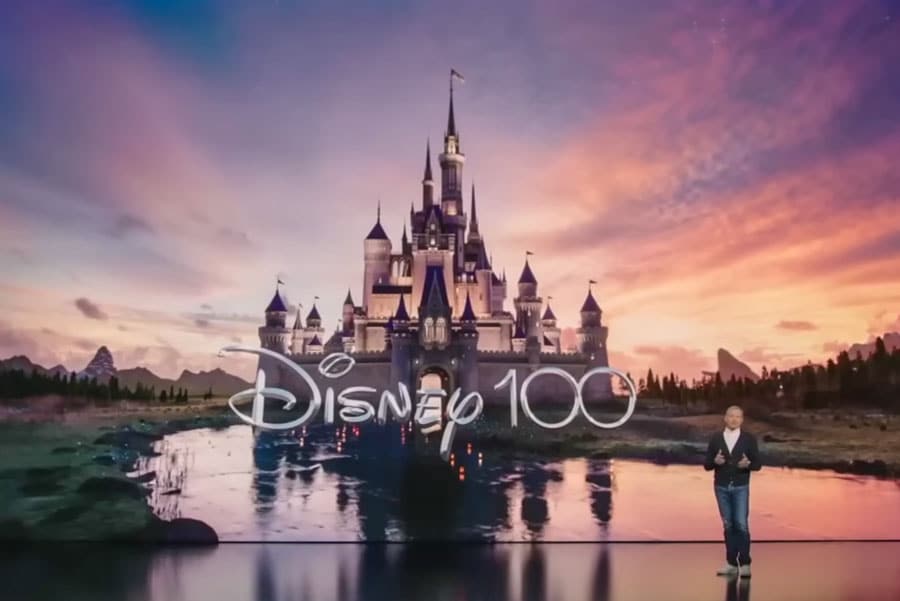
That leaves a couple of actual unknowns, the first of which is ESPN–finding a buyer, strategic partner, or whatever for that. Based on what he’s said and suggested, it seems that Iger is inclined to retain ESPN rather than sell it outright. Another unknown is Disney divesting itself of linear television networks. Earlier this summer, Iger stated that Disney could sell ABC, FX, NatGeo, and other cable networks because they “may not be core to Disney.”
Something will happen on both of those fronts. It’s really a question of what, when it happens, how much money Disney makes in the transaction. All of that will have more of a bearing, even if indirect, in future investments in Walt Disney World and Disneyland than this Hulu purchase, which was already a foregone conclusion. Oh, and it would certainly help if the aforementioned ‘one-app solution’ for Disney+ and Hulu started turning a profit rather than hemorrhaging nearly one billion dollars per quarter. But hey, at least that’s down significantly as compared to last year!
Need Disney trip planning tips and comprehensive advice? Make sure to read Disney Parks Vacation Planning Guides, where you can find comprehensive guides to Walt Disney World, Disneyland, and beyond! For Disney updates, discount information, free downloads of our eBooks and wallpapers, and much more, sign up for our FREE email newsletter!
OUR THOUGHTS
What’s your reaction Disney acquiring Hulu? Think they (somehow) shouldn’t have bought it, even though they’re contractually obligated to do so? Thoughts on a strategic partnership with ESPN or selling linear television networks? Think Iger can still turn things around in the next couple of years? Do you believe Iger is sincere in his optimism about future expansion at Walt Disney World and Disneyland? Thoughts on anything else discussed here? Are you optimistic or pessimistic about the Walt Disney Company’s future? Think things will get better in 2024-2025? Do you agree or disagree with our assessment? Any questions we can help you answer? Hearing your feedback–even when you disagree with us–is both interesting to us and helpful to other readers, so please share your thoughts below in the comments!





